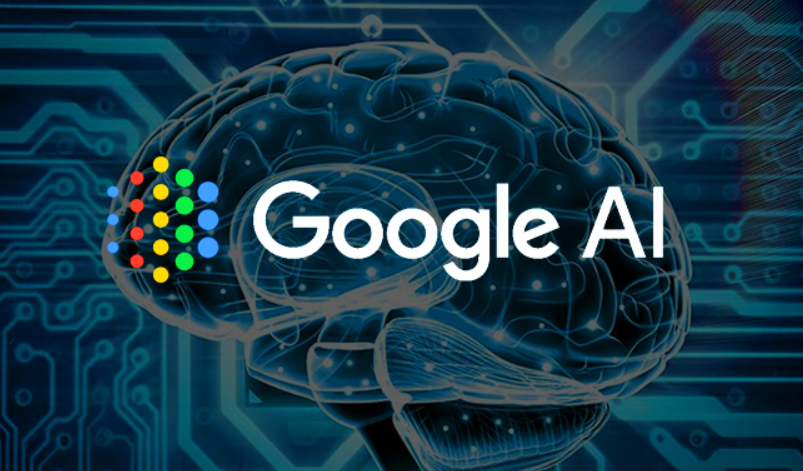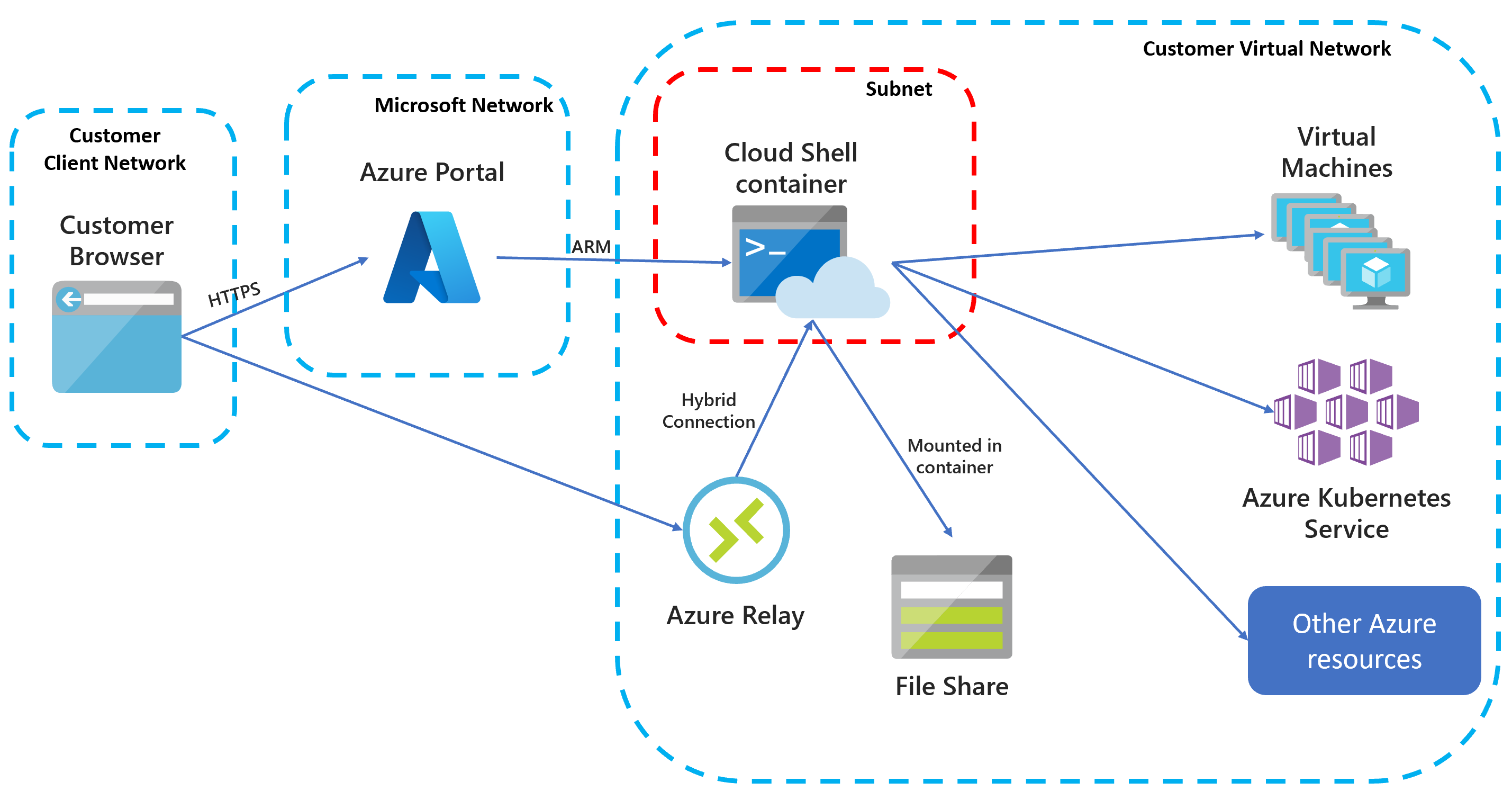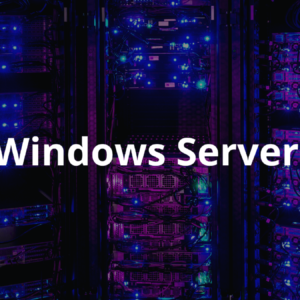How AI Is Changing the World: The Future of AI
AI is profoundly transforming the world across many fields. Here’s a breakdown of how it’s impacting different sectors:
1. Healthcare:
- Diagnosis & Treatment: AI systems can analyze medical images, detect diseases early (like cancer), and suggest personalized treatment plans, improving patient outcomes.
- Drug Discovery: AI accelerates drug discovery by analyzing vast data sets, predicting molecular interactions, and identifying potential candidates.
- Virtual Assistants: AI-powered chatbots and virtual nurses help patients manage their health, answer queries, and provide support for ongoing conditions.
2. Education:
- Personalized Learning: AI-driven platforms tailor educational content to individual student needs, enhancing learning efficiency.
- Automated Grading & Assessment: AI reduces the burden of grading, allowing educators to focus more on teaching.
- Learning Analytics: AI analyzes student performance to offer insights, helping educators make informed decisions about curriculum and teaching strategies.
3. Business & Productivity:
- Automation: AI automates routine tasks like customer support, data entry, and report generation, increasing efficiency and reducing errors.
- Predictive Analytics: AI helps companies predict trends, optimize operations, and improve decision-making by analyzing large datasets.
- Customer Experience: AI improves customer engagement with personalized recommendations, chatbots, and voice assistants, enhancing customer satisfaction.
4. Transportation:
- Self-Driving Vehicles: AI is powering autonomous cars, trucks, and drones, which could revolutionize transportation by reducing accidents and optimizing fuel efficiency.
- Traffic Management: AI optimizes traffic flow, reducing congestion and emissions through smart traffic systems.
- Logistics Optimization: AI enhances supply chain management and delivery services by predicting demand and optimizing routes.
5. Finance:
- Fraud Detection: AI analyzes transaction patterns to detect and prevent fraudulent activities in real-time.
- Robo-Advisors: AI-driven financial advisors provide personalized investment advice, making wealth management accessible to more people.
- Algorithmic Trading: AI executes trades at high speeds, optimizing investment strategies by analyzing market conditions and trends.
6. Entertainment & Media:
- Content Creation: AI tools can generate music, artwork, and written content, pushing the boundaries of creativity and entertainment.
- Recommendation Systems: AI tailors streaming services and social media feeds to user preferences, providing more engaging experiences.
- Deepfakes & Synthetic Media: AI creates hyper-realistic digital media, leading to ethical challenges but also offering creative opportunities in film and advertising.
7. Environment:
- Climate Modeling: AI helps scientists model climate change scenarios, analyze environmental data, and predict natural disasters more accurately.
- Energy Efficiency: AI optimizes energy grids and smart buildings, reducing waste and improving resource management.
- Sustainability Solutions: AI powers innovations in recycling, agriculture, and wildlife conservation by analyzing ecosystems and human impact.
8. Job Market:
- Automation of Jobs: While AI can replace certain repetitive jobs, it also creates new roles in AI development, data science, and advanced technology management.
- Reskilling Needs: The rise of AI necessitates a shift in workforce skills, with more focus on AI literacy, creativity, and complex problem-solving.
9. Security & Defense:
- Cybersecurity: AI enhances threat detection and response, helping protect organizations and individuals from cyberattacks.
- Surveillance & Monitoring: AI-driven surveillance systems can detect unusual behavior or potential threats in real-time.
- Autonomous Defense Systems: AI is being used in autonomous drones and military systems, raising ethical considerations around warfare.
10. Social & Ethical Implications:
- Bias & Fairness: AI systems can perpetuate biases present in their training data, leading to unfair outcomes in hiring, policing, and lending.
- Privacy Concerns: AI-powered systems that collect and analyze personal data can raise concerns about surveillance and data privacy.
- Regulation: Governments and organizations must develop new laws and policies to manage the ethical use of AI.
Share this content:







